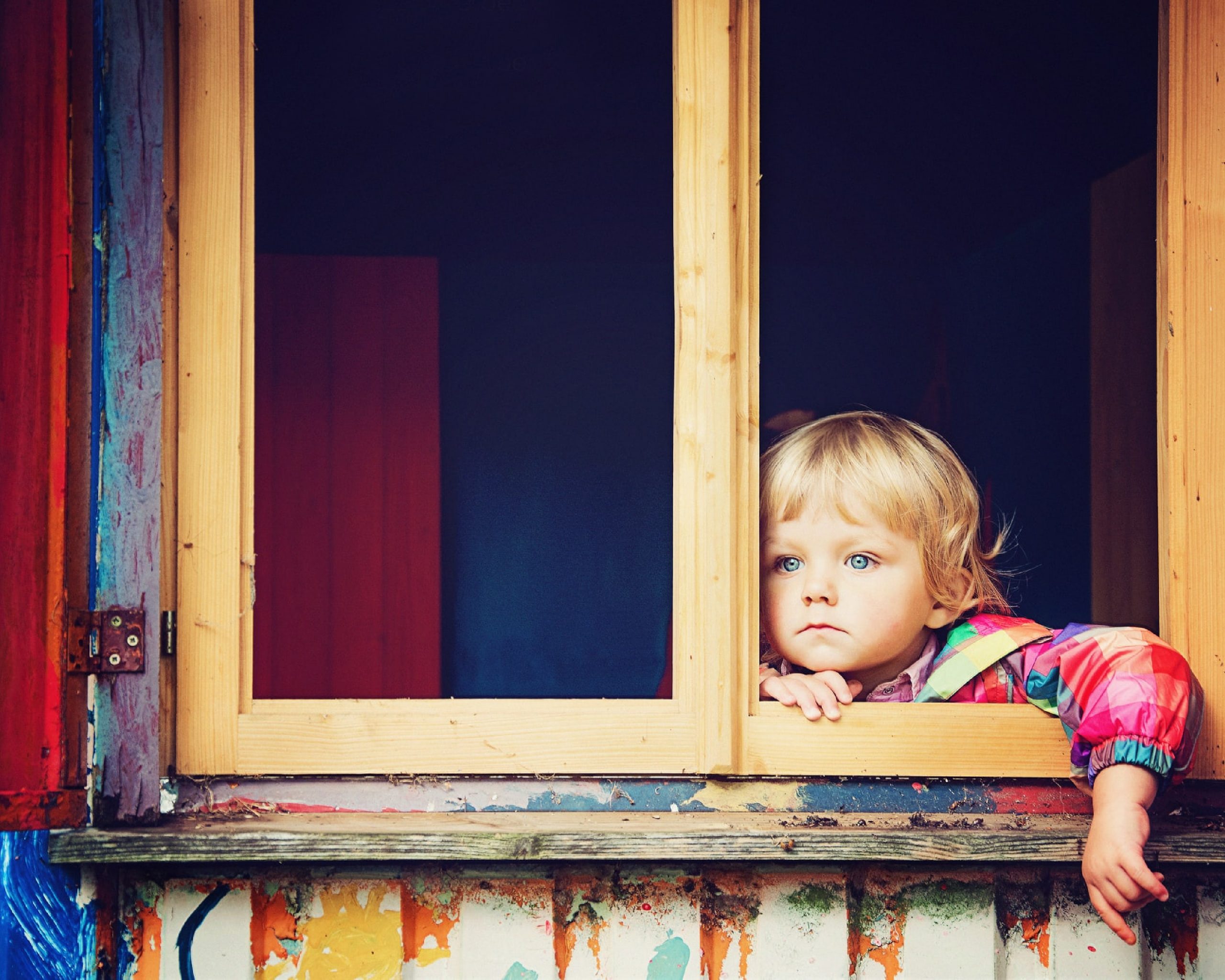Foster Care During COVID-19

Since March, the entire country (the entire world, for that matter) has been dealing with the repercussions of the COVID-19 pandemic. Every sector of life has been changed, some more dramatically than others. One of those is the foster care system. According to the Department of Health and Human Services, there are more than 400,000 children in foster care in the U.S. And experts warn, that the number of children in foster care will only grow as the pandemic wanes and the country falls into an inevitable recession due to record unemployment. So, let’s explore what is happening today with children in foster care and what foster parents can do to help them through this challenging time.
Issues Facing Foster Care
Spikes in Abuse. If you take a look back at the past several “times of crisis” in our nation’s history – recession, war, natural disasters – you’ll notice an alarming pattern in behavior: a spike in domestic violence and child abuse. Today, parents are facing unprecedented levels of unemployment and job security. They’re feeling financially desperate with nowhere to turn due to business being VERY slow. They’re also probably sheltered-in to some degree with their children and might have little to no access to a form of childcare. This is a recipe for frustration and abuse. In addition to this, in some areas, social workers are still not able to safely enter homes to check on children and report abuse, and places where abuse is often reported – schools, daycares, after-school activities are not at full capacity yet. That might be why reports on abuse are down upwards of 50% in some places.
Lack of Foster Homes. Foster homes are, for the most part, full right now. Many are not able to accept new children and those that can are possibly understaffed, due to workers not being able to enter packed homes. Some foster parents may also elect to suspend their participation in the program due to being part of a population more vulnerable to the virus. This means children, especially older children who are aging out, are left without a permanent roof over their heads. These older children may revert to couch surfing or being placed in overcrowded shelters, where their academic and social priorities may shift for the worse.
Family Visits Suspended/Amended. With all that’s going on in the world, it’s no surprise that in-person family visits have been deemed generally unsafe, and in many places have been suspended. This can be VERY tough not only on the children but on the parents who are truly doing all they can to get their children back. Of course, there is video chat, but that’s not always a reliable option. Many low-income parents don’t have access to these technologies.
Family Courts Suspended/Amended. All across the nation, courts have closed their doors to in-person hearings. Legal deadlines have been extended and many parents are left wondering when they’ll be able to try and fight to get their children back in their home. While some states have moved forward with video streaming hearings, many feel that this will not work in favor of the parents as it is vital for judges to have an in-person meeting with parents to make the fairest ruling. The suspension of family courts also means that many more children are left waiting to reach permanency.
How Foster Parents Can Help
Stay connected. Everyone is experiencing this right now, so it should be easy to understand: social distancing can be lonely! Children in foster care may have already been afraid about their separation from loved ones, and with social distancing, this fear may have already compounded. Stay connected with the child, engage with them, and encourage them by helping find ways for them to connect with their families. This could mean setting up video calls or phone calls or arranging for a responsible, outdoor meet-up.
Watch Out For Signs of Stress: This may include things like behavioral problems like isolation or problems with friends, nightmares, changes in mood (frequent crying, sudden anger) or appetite, problems with going to the bathroom, or difficulty staying still. Children who are displaying these signs may need extra support during this stressful time.
Stick To a Routine: Having a daily routine and sticking to it is the best piece of advice you’ll ever get for life in general, but it’s especially important for kids who are in a stressful situation (like being in foster care during a pandemic). Your daily routine doesn’t have to be complicated, but it should be consistent with scheduled playtime, school time, mealtime, naps, and bedtime.
Create a Safe and Secure Home. When children feel safe and secure, they tend to let the guard down a little bit and relax. You can reinforce just how safe and secure your home is by talking openly with the child about what you’re doing to keep everyone in the home healthy and show them how they can help be a part of those measures. You can also do everything in your power to keep the child connected with their family. This promotes a sense of well-being and reminds the child that their family is safe and secure back at home.
Care for Yourself. Everyone is stressed right now, but if you’re a foster parent you’re probably doubly stressed. It makes sense and it’s normal. But don’t forget to take care of yourself and ask for help when needed. Talk with friends and family, and reach out to your agency or pediatrician if you need extra support. Find new fun activities for yourself to do, if your old ones have been shut down. Remember, children can feel your worry and your stress, so it’s important for you to take some time for yourself and decompress.
If you are interested in learning more about Florida foster care, how to support children in foster care, or would like to become a foster parent in Florida, Heart of Adoptions, Inc. would be happy to speak with you. You can reach us by phone at 1-800-GO-ADOPT






